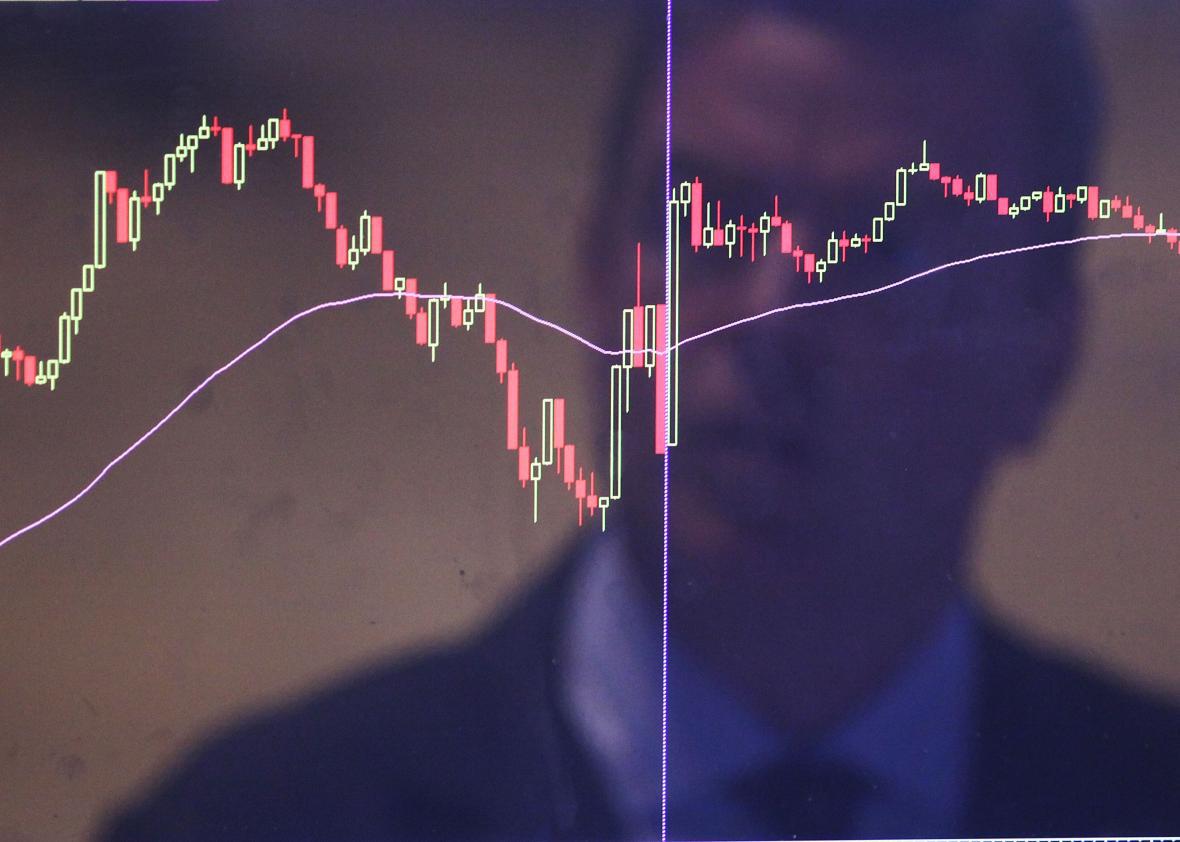When it comes to issues voters feel strongly about, the economy lands near the top of the list. In January, a Pew survey found that 75 percent of Americans cited the economy as a top policy priority, second only to terrorism. Similar findings were published by Gallup in May, which reported that 86 percent of Americans identified the economy as “very important” to their 2016 vote. Sure, the proportion of people who consider economic problems to be the most important of all the issues confronting the U.S. has fallen since we were embroiled in a global financial crisis in 2009, but they’re still very crucial to most of the nation. That’s not surprising! To briefly recap, current important economic topics include, but are far from limited to:
- America’s absolutely awful poverty rate
- Whether the Fed will raise rates on Thursday
- The recent plummet in global stocks
- China
So it’s kind of funny—or maybe just depressing—that Wednesday night’s Republican debate barely touched on the economy. Yes, there was Carly Fiorina’s discourse on leading Hewlett-Packard through the dot-com bust and saving 80,000 jobs (a rather awkward comment in light of the fact that HP on Tuesday said it will cut roughly 30,000 more jobs as it prepares to split into two businesses). There was John Kasich’s reflection on his time as chairman of the House Budget Committee, and his work on turning Ohio’s $8 billion budget deficit into a $2 billion surplus. There was a short exchange among the candidates about taxes: the flat tax, the fair tax, the fundamental slashing of the tax code. And there was Scott Walker’s brief meditation on how raising the federal minimum wage is “lame.”
On so many of the big economic topics, though—the Fed, poverty, the minimum wage—the candidates barely dug in at all. I’d argue there was more economic substance in the undercard debate, in which Rick Santorum at least managed to fit in a stirring defense of a higher minimum wage. Considering how many Americans actually care about economic issues, and are perhaps struggling to pay their student loans or medical bills or save for retirement, this is pretty mystifying. Most of the blame surely falls to CNN and its frankly awful questions, which were clearly designed to gin up confrontations between the candidates, not cover an array of serious policy issues. Even so—for a debate that lasted an excruciating three hours and change, almost completely leaving out the economy just looks dumb.
